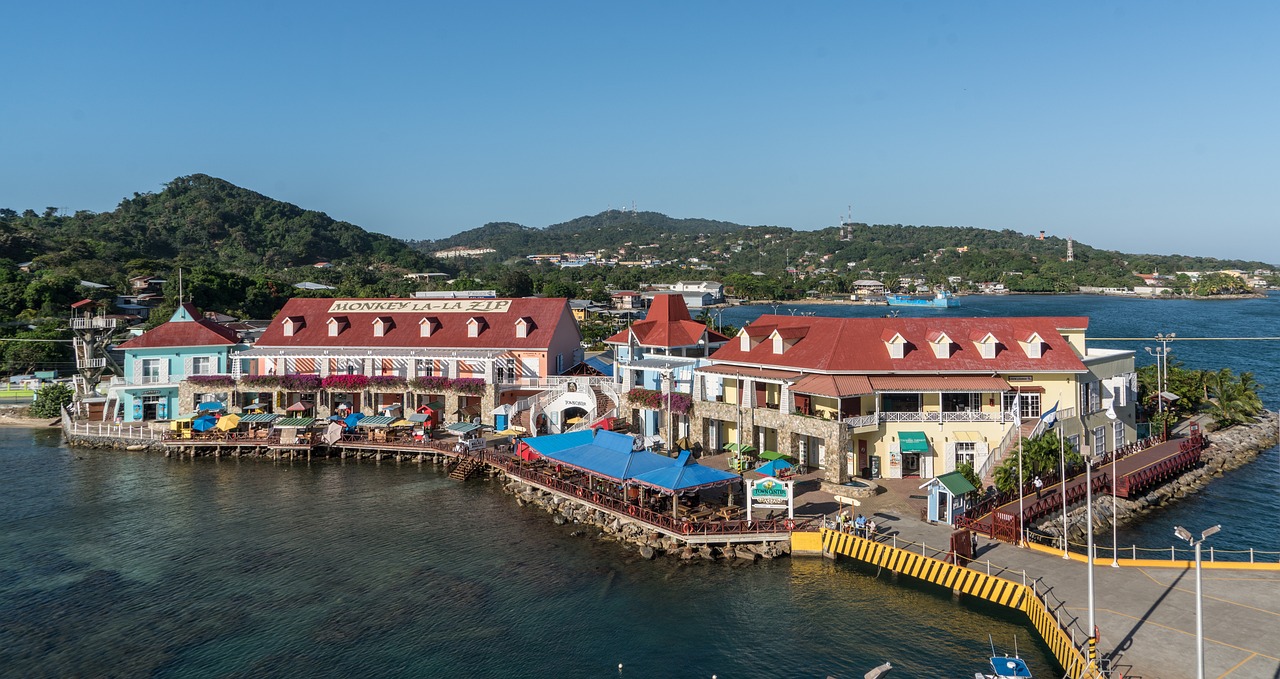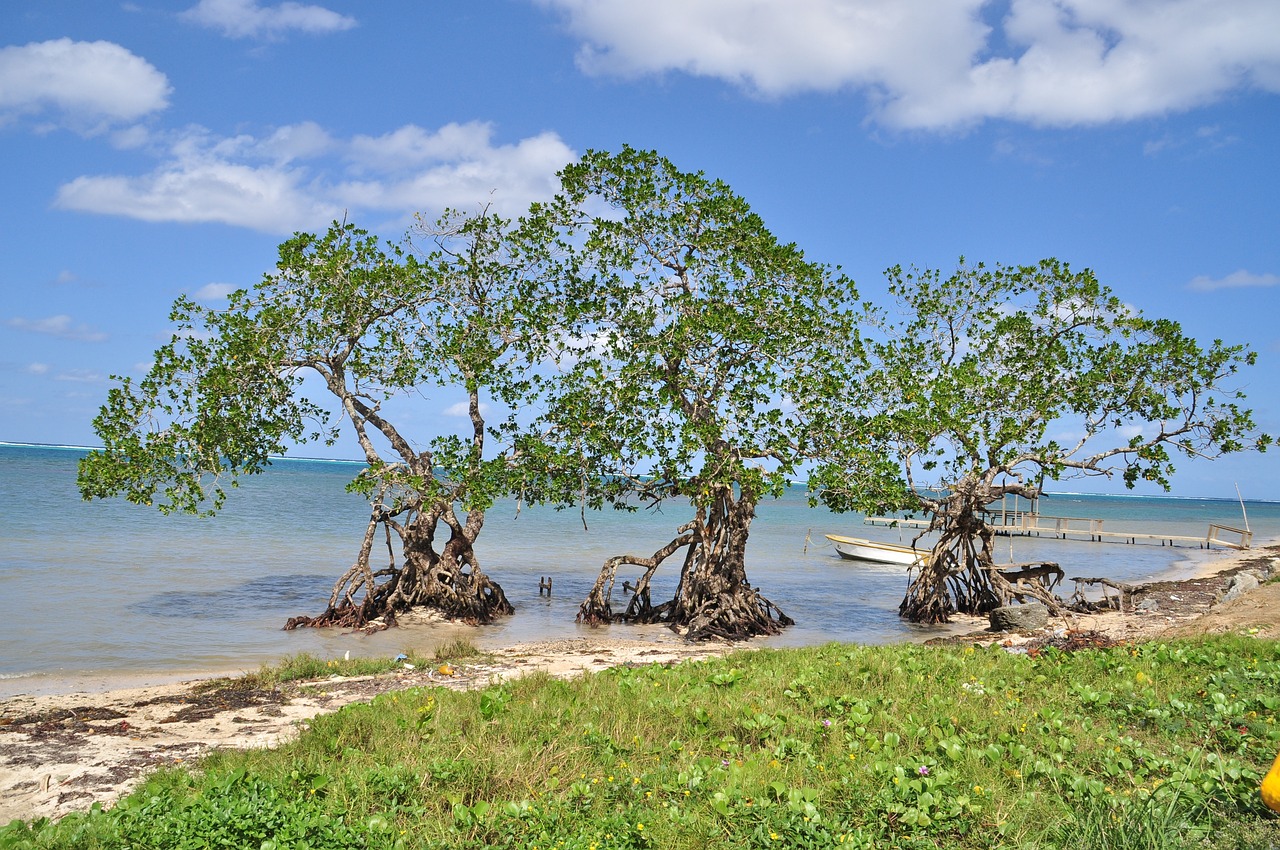Navigating Local Taxes and Business Regulations in Honduras
Introduction:
Honduras is a vibrant country located in Central America. It offers numerous opportunities for businesses to thrive, but understanding and navigating the local taxes and business regulations is crucial for success. This article aims to provide detailed information on various aspects of local taxes and business regulations in Honduras, helping entrepreneurs and investors make informed decisions.
Section 1: Tax System in Honduras
Honduras has a tax system that includes several types of taxes applicable to businesses. Understanding these taxes is essential to ensure compliance and avoid any legal issues. Here are some key taxes imposed in Honduras:
- Income Tax: All businesses are subject to income tax, which is levied on their annual profits. The tax rate varies depending on the business type and income bracket.
- Value Added Tax (VAT): VAT is a consumption tax imposed on the sale of goods and services. The standard rate is 15%, but certain goods and services may be exempt or subject to a reduced rate.
- Payroll Taxes: Employers are required to contribute to the Honduran Social Security Institute (IHSS) and pay payroll taxes based on employees’ salaries.
- Property Tax: Property owners must pay an annual tax on real estate properties. The tax rate varies depending on the property’s location and value.
Section 2: Business Registration Process
Before starting a business in Honduras, it is necessary to go through the registration process. This ensures legal compliance and provides the necessary permits to operate. The business registration process typically involves the following steps:
- Choose a Business Structure: Determine the appropriate legal structure for your business, such as a sole proprietorship, partnership, or corporation.
- Name Reservation: Reserve a unique business name with the Honduran Registry of Commerce.
- Obtain a Tax Identification Number (RTN): Apply for an RTN at the Honduran Internal Revenue Service (SAR) to fulfill tax obligations.
- Register with the Honduran Social Security Institute (IHSS): Enroll your employees in the IHSS system and fulfill social security obligations.
- Obtain Municipal Licenses: Acquire the necessary licenses and permits from the local municipality to operate your business legally.
Section 3: Labor Laws and Regulations
Honduras has specific labor laws and regulations that businesses must adhere to when employing workers. Understanding these laws is crucial to maintain a harmonious and compliant work environment. Here are some key aspects of labor laws in Honduras:
- Minimum Wage: Honduras has a minimum wage requirement, which varies based on the economic sector and the number of workers employed.
- Working Hours: The standard workweek in Honduras is 44 hours, with 8 hours per day. Overtime work is subject to additional payment.
- Employee Benefits: Employers are required to provide certain benefits, including paid vacation, holidays, and maternity leave.
- Termination Procedures: There are specific procedures to follow when terminating an employee’s contract, including providing notice and severance pay.
Honduras Image 1:

Section 4: Intellectual Property Rights
Protecting intellectual property is essential for businesses operating in Honduras. Understanding the legal framework and taking necessary steps to safeguard intellectual property rights can prevent unauthorized use or infringement. Here are some key points regarding intellectual property rights in Honduras:
- Trademarks: Registering trademarks with the Honduran Intellectual Property Office (DIGEPIH) provides legal protection against unauthorized use of brand names, logos, and symbols.
- Copyrights: Registering copyrights protects original literary, artistic, and scientific works, granting exclusive rights to the creator.
- Patents: Applying for patents ensures exclusive rights over inventions, processes, or innovative products for a specific period.
- Trade Secrets: Implementing confidentiality agreements and secure practices helps protect trade secrets and confidential business information.
Section 5: Environmental Regulations
Honduras has environmental regulations in place to protect its natural resources and promote sustainable practices. Businesses must comply with these regulations to minimize their ecological impact. Here are some important environmental regulations in Honduras:
- Environmental Impact Assessments: Certain projects or activities require an environmental impact assessment to evaluate potential environmental effects.
- Waste Management: Businesses must adhere to proper waste management practices, including recycling and safe disposal of hazardous materials.
- Protected Areas: Honduras has designated protected areas, such as national parks and biosphere reserves, where specific regulations apply to preserve biodiversity and ecosystems.
Section 6: Import and Export Regulations
If your business involves importing or exporting goods in Honduras, understanding the import and export regulations is crucial to ensure smooth operations. Here are some key aspects to consider:
- Customs Duties: Imported goods are subject to customs duties based on their classification and value. Familiarize yourself with the applicable duty rates.
- Import/Export Documentation: Proper documentation, including commercial invoices, packing lists, and certificates of origin, is required for import and export transactions.
- Restricted/Prohibited Goods: Some goods may be restricted or prohibited from import or export, such as certain controlled substances or endangered species.
Honduras Image 2:

Section 7: Tax Incentives and Free Trade Zones
Honduras offers various tax incentives and free trade zones to attract foreign investment and promote economic growth. Understanding these incentives can provide opportunities for businesses to reduce costs and expand operations. Here are some notable incentives and free trade zones in Honduras:
- Free Trade Zones: There are several free trade zones in Honduras, offering tax benefits, streamlined customs procedures, and access to skilled labor.
- Maquila Regime: The maquila regime provides tax exemptions and other benefits for manufacturing companies engaged in export-oriented activities.
- Investment Promotion: The Honduran government offers investment promotion programs, including tax incentives and streamlined administrative processes.
Section 8: Banking and Financial Regulations
Operating a business in Honduras involves understanding the banking and financial regulations that govern monetary transactions, investments, and foreign currency exchange. Here are some key points to consider:
- Banking Services: Choose a reputable bank that offers suitable business banking services, including accounts, loans, and electronic payment systems.
- Foreign Currency Exchange: Familiarize yourself with the regulations governing foreign currency exchange, including reporting requirements and restrictions.
- Investment Restrictions: Some sectors may have specific investment restrictions or requirements, such as obtaining prior approval from regulatory authorities.
Section 9: Business Support and Resources
Honduras provides various business support and resources to help entrepreneurs and investors establish and grow their ventures. Leveraging these resources can enhance business operations and facilitate success. Here are some notable business support initiatives in Honduras:
- Chamber of Commerce: The Honduran Chamber of Commerce offers networking opportunities, business training, and advocacy for the private sector.
- Investment Promotion Agencies: Organizations like the Honduran Investment and Export Promotion Agency (PROHONDURAS) provide assistance to foreign investors, including market research and investment facilitation.
- Business Incubators: Business incubators and accelerators in Honduras provide mentoring, workspace, and support services to startups and early-stage businesses.
Honduras Image 3:

Conclusion:
Navigating local taxes and business regulations in Honduras is essential for entrepreneurs and investors to establish and operate successful businesses. By understanding the tax system, registration process, labor laws, and other regulatory aspects, businesses can ensure compliance, protect their intellectual property, and leverage available incentives and resources. Seeking professional advice and staying updated with any changes in regulations is crucial for long-term success in the Honduran business landscape.
References:
– Honduran Internal Revenue Service (SAR): sar.gob.hn
– Honduran Social Security Institute (IHSS): ihss.hn
– Honduran Registry of Commerce: rcp.hn
– Honduran Intellectual Property Office (DIGEPIH): digepih.gob.hn
– Honduran Chamber of Commerce: ccit.hn
– Honduran Investment and Export Promotion Agency (PROHONDURAS): prohonduras.hn


